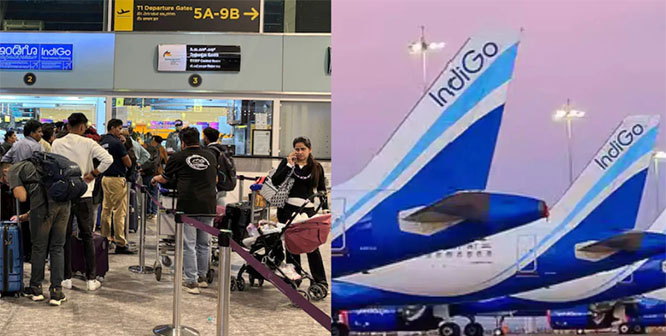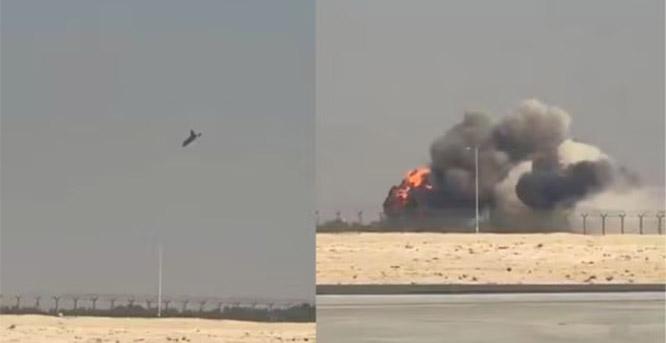Ayodhya, Dec 3: They are packing their bags, and moving away from the city that was once a hotbed of strife. Ayodhya has little to offer students and young job-seekers, who would rather see development than religious conflict.
Aman Kumar Singh, a first year B.Com student from Ayodhya, which is at the centre of the Babri Masjid-Ram Temple dispute, believed parties in India had abandoned the politics of development for religion.
The 18-year-old student is among several young men in Ayodhya who rue what they see as efforts by political parties to make Ayodhya an election issue, bypassing development.
Lack of institutes for higher studies is one of the issues troubling the youth.
Singh's class-mate, Anshu Yadav, said students were moving out of the city to Lucknow, Allahabad, Varanasi and elsewhere for higher studies.
"A number of youngsters have to go to other cities for higher studies and to prepare for competitive examinations," Yadav said.
The ancient town of Ayodhya was dragged into a political maelstrom after a movement gained ground for the construction of a Ram Temple where the 16th-century Babri Masjid was located. Many in India believe that Ayodhya is where the deity, Lord Rama, was born.
On December 6, 1992, the mosque was demolished, leading to widespread violence and growing hostility between communities.
In recent months, the temple movement has again gathered momentum. And 25 years later, it seemed as if Ayodhya was stuck in a time warp, Yadav said.
"Nothing has changed on the ground and I wonder if any positive change will take place here," he rued.
Singh said there was little focus on basic issues of development.
"Most political parties are inclined towards religious politics rather than sustainable development-oriented politics," Singh added, pointing to potholed roads.
Mahendra Pratap Singh, a resident of Faizabad, adjacent to the temple town of Ayodhya, said he had to move to Lucknow because he wanted to study chartered accountancy.
"On the advice of my seniors, I shifted to Lucknow so that I could prepare for my CA examinations and other competitive examinations," he said.
For Adesh Shukla, a resident of Gosainganj area in the Faizabad district, the Ayodhya dispute had "virtually overshadowed" and "hijacked" all other development-related issues.
"Health facilities in Ayodhya and Faizabad need a massive rejig. People generally prefer to take their sick relatives to Lucknow for treatment," Shukla, 25, said.
He said if development became the central issue and got a push from the state government, it would help change the image of the city, which he felt was largely synonymous with religious disputes.
"The Ayodhya issue is purely a political issue. Unfortunately, in the past 25 years, it has hijacked almost all other issues," said Syed Ashfaq Hussain, who runs a coaching centre for students preparing for competitive exams.
Hussain stressed that the youth of Ayodhya and Faizabad had little interest in the dispute.
"They are more interested in the development of basic infrastructure facilities, revamping of education and health facilities in the city," he said.








Comments
Add new comment